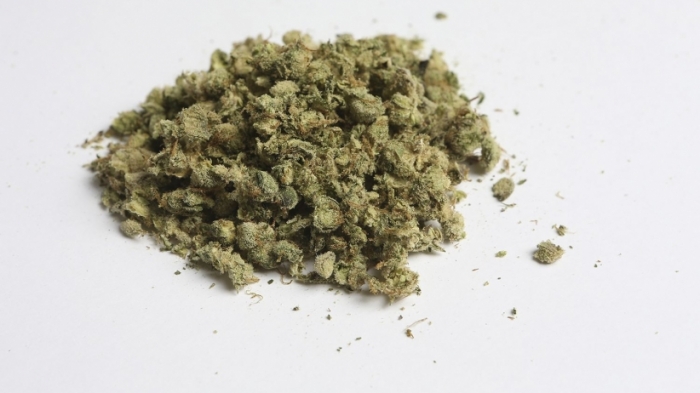You are here
Home 🌿 Medical Cannabis News 🌿 Can Marijuana Replace Lost Steel Jobs? Pennsylvania Town Has High Hopes. 🌿Can Marijuana Replace Lost Steel Jobs? Pennsylvania Town Has High Hopes.

A region of the Keystone State impoverished by industrial decline and ravaged by opioid addiction sees a future in medical cannabis.
The promise of big profits and job creation continues to draw communities to the legal marijuana industry, particularly in places where the economy has long suffered.
Nowhere is this more apparent than in southwestern Pennsylvania. City leaders in Braddock, located east of Pittsburgh, have submitted an application with the state in hopes to land a license that will allow for a new cannabis cultivation facility. The goal is for legal medical marijuana to bring back jobs lost over the past decades by the decline in the steel industry.
They have partnered with a company that includes a Pennsylvania legend among its top executives: Hall of Fame running back Franco Harris, who played for the Pittsburg Steelers. The company has a goal of his own: finding out if marijuana can become an effective pain management medicine that replaces opioids.
Tough Times
In many places, such as in California and Colorado, businesses and communities vie against each other to win potentially lucrative licenses from the state for creating and operating marijuana cultivation centers and retail outlets. However, in a place such as Braddock, leaders see it as a means of survival.
Braddock has been decimated by the jobs lost with cutbacks in the steel industry since the late 1980s. The city’s economic state landed it on the Pennsylvania Act 47 roll of financially distressed cities. Braddock has been on the list since 1988.
In numerous media appearances, Mayor John Fetterman thinks a large medical marijuana cultivation center can change the town’s fortunes. As many as 70 new jobs would be created at the outset, and the city would reap the tax benefits of having the facility in town.
“It’s a great story to have with a community that’s been kind of left behind by an industry in decline like steel to be resurrected financially from a brand new industry that didn’t even exist in Pennsylvania six months ago,” Fetterman said in a Facebook Live interview with the Pittsburgh Post-Gazette.
State lawmakers and Gov. Tom Wolf approved medical marijuana in Pennsylvania in 2016.
Braddock already faces competition for the license from nearby McKeesport, which also plans to submit an application. The state has said it will only allow a limited number of facilities within six different regions of the state.
Laurel Green Medical
Harris is chairman of Laurel Green Medical, which would run the facility in Braddock if the project wins the state permit.
On its website, the company said its cultivation center “will use sustainable growing techniques to facilitate the best species of the plant. We will oversee the production of our medicine from seed to sale; this allows us to offer more affordable prices to our patients across-the-board.”
Harris became interested in medical marijuana through fellow former and current NFL players who told him that using opioids to manage pain sometimes led to addiction to the drug, according to the Post-Gazette. He also noted that Pennsylvania has been one of the states hit hardest by the opioid addiction crisis.
Research into the uses of medical marijuana is “something that’s very much need,” Harris said.
Permit applications were sent to the state in March. The state is expected to grant permits within the next several months, with the businesses beginning operation by mid-2017.
420 Intel is Your Source for Marijuana News
420 Intel Canada is your leading news source for the Canadian cannabis industry. Get the latest updates on Canadian cannabis stocks and developments on how Canada continues to be a major player in the worldwide recreational and medical cannabis industry.
420 Intel Canada is the Canadian Industry news outlet that will keep you updated on how these Canadian developments in recreational and medical marijuana will impact the country and the world. Our commitment is to bring you the most important cannabis news stories from across Canada every day of the week.
Marijuana industry news is a constant endeavor with new developments each day. For marijuana news across the True North, 420 Intel Canada promises to bring you quality, Canadian, cannabis industry news.
You can get 420 Intel news delivered directly to your inbox by signing up for our daily marijuana news, ensuring you’re always kept up to date on the ever-changing cannabis industry. To stay even better informed about marijuana legalization news follow us on Twitter, Facebook and LinkedIn.




